
Free, open & virtual.
This "Part 1" will focus on basic visualization and single subject FMRI processing, including discussions of alignment, templates, regression, ROIs and quality control.
Details & registration: afni.nimh.nih.gov/bootcamp
This tutorial presents afni_proc.py's quality control HTML for single subject FMRI.
The APQC HTML has systematic views of data and useful derived quantities. Users can instantly rate, comment and query the fully processed subject data.
www.youtube.com/watch?v=hD9z...

This tutorial presents afni_proc.py's quality control HTML for single subject FMRI.
The APQC HTML has systematic views of data and useful derived quantities. Users can instantly rate, comment and query the fully processed subject data.
www.youtube.com/watch?v=hD9z...
Free, open & virtual.
This "Part 1" will focus on basic visualization and single subject FMRI processing, including discussions of alignment, templates, regression, ROIs and quality control.
Details & registration: afni.nimh.nih.gov/bootcamp
Free, open & virtual.
This "Part 1" will focus on basic visualization and single subject FMRI processing, including discussions of alignment, templates, regression, ROIs and quality control.
Details & registration: afni.nimh.nih.gov/bootcamp

www.nature.com/articles/s41...
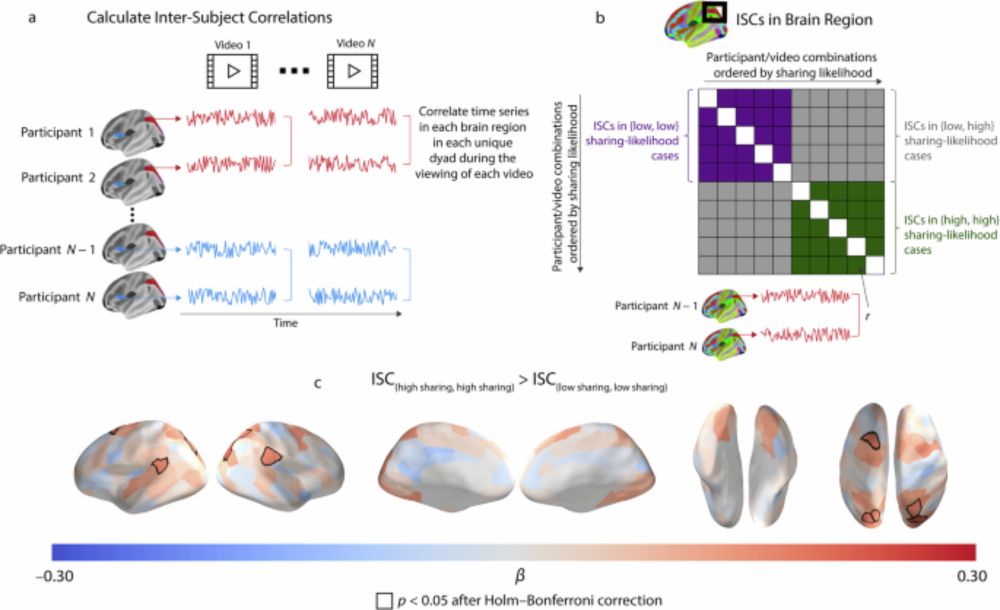


Quick reminder @ the next AFNI Bootcamp: May 28-30, 2025. Learn through interactive data analysis!
Day 1-2: data viz, single subject analysis and QC.
Day 3: statistics, results reporting and group analysis.
Details, registration and schedule:
afni.nimh.nih.gov/bootcamp

Quick reminder @ the next AFNI Bootcamp: May 28-30, 2025. Learn through interactive data analysis!
Day 1-2: data viz, single subject analysis and QC.
Day 3: statistics, results reporting and group analysis.
Details, registration and schedule:
afni.nimh.nih.gov/bootcamp
First 2 days: data visualization, single subject analysis and QC. 3rd day: statistics, results reporting and group analysis.
Please see here for details, registration link and preliminary schedule:
afni.nimh.nih.gov/bootcamp
First 2 days: data visualization, single subject analysis and QC. 3rd day: statistics, results reporting and group analysis.
Please see here for details, registration link and preliminary schedule:
afni.nimh.nih.gov/bootcamp
Quantitative mapping of cerebrovascular reactivity amplitude and delay with breath-hold BOLD fMRI when end-tidal CO2 quality is low
doi.org/10.1162/imag...
science more? Our third speaker Gang Chen (@gangchen6.bsky.social) argues that strict adherence to statistical conventions may obscure rather than clarify, and suggest ways in which rethink about how we model our data and report our results:
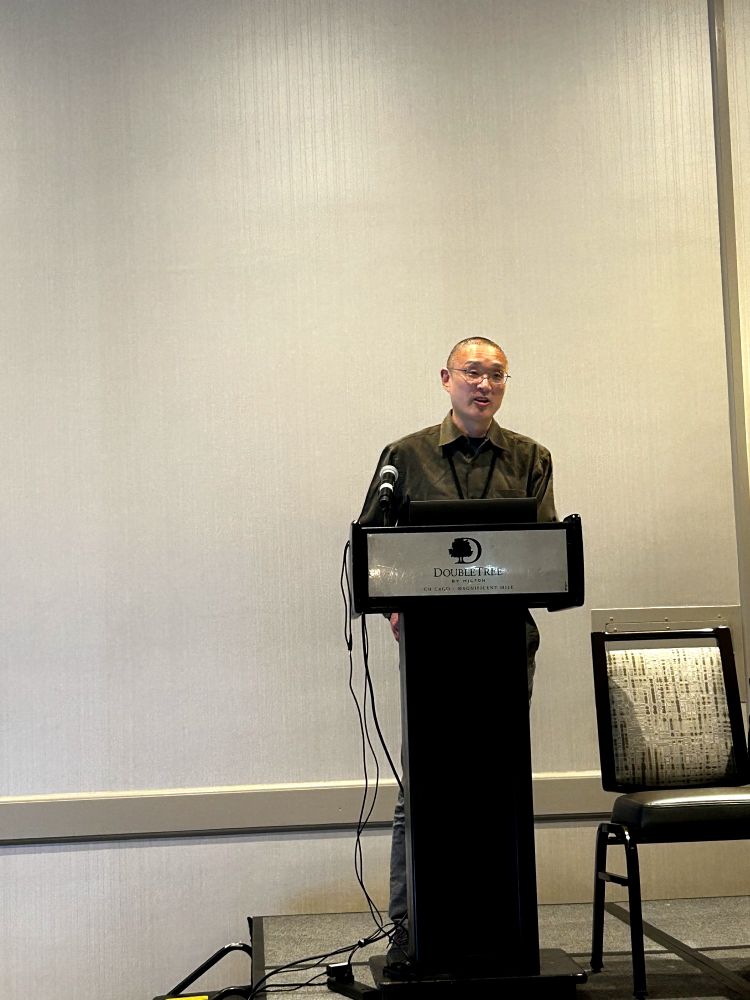
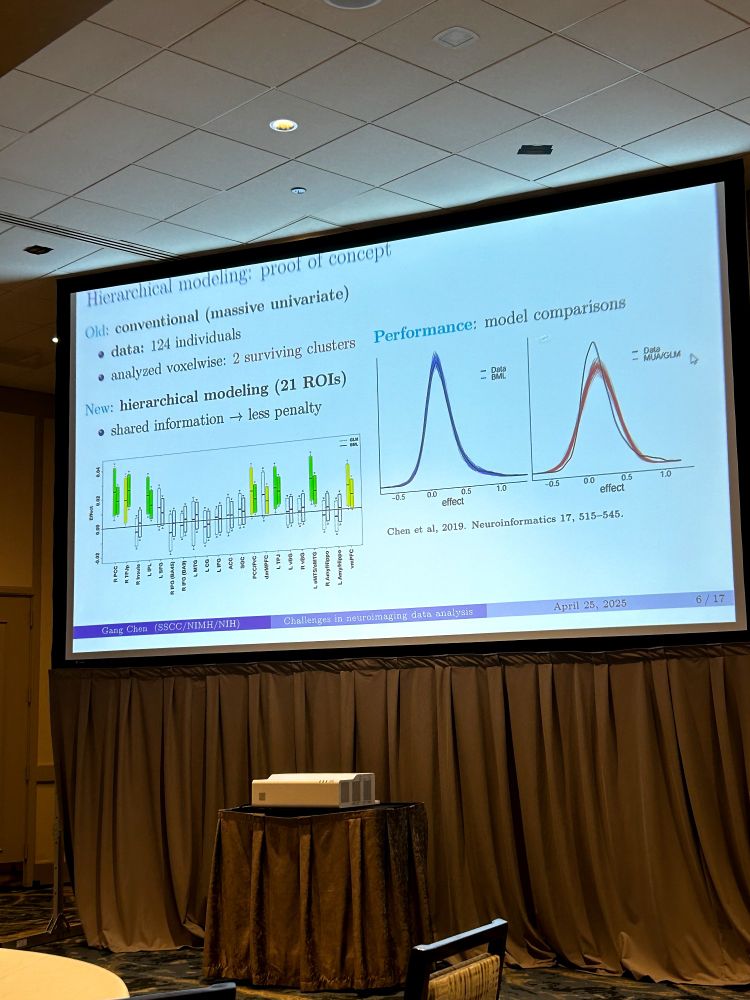
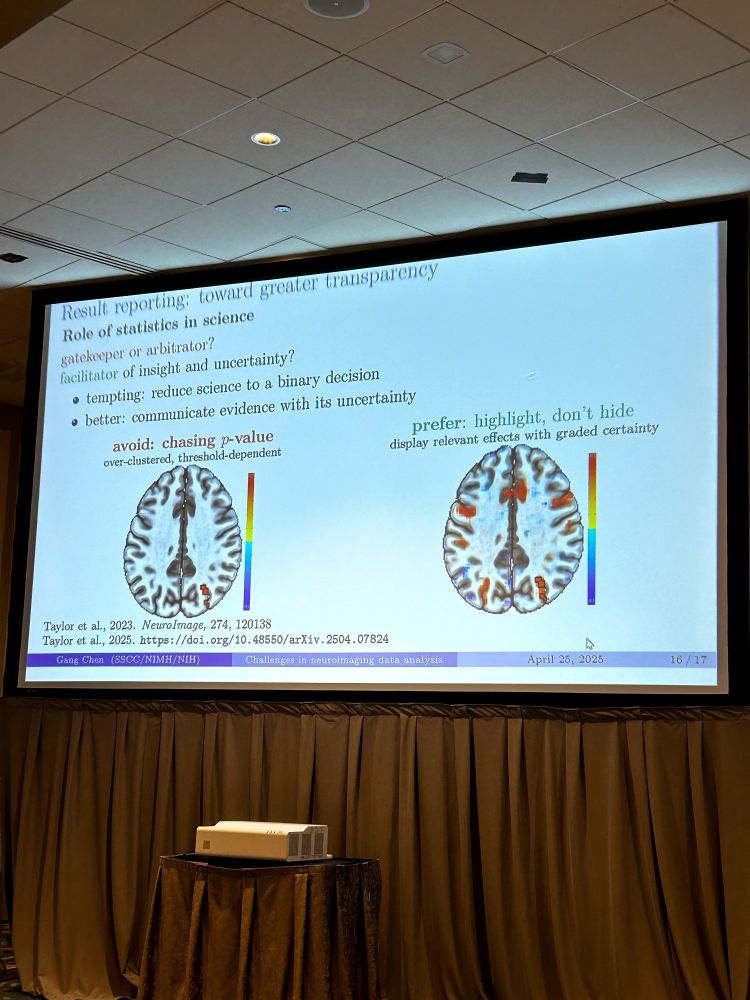
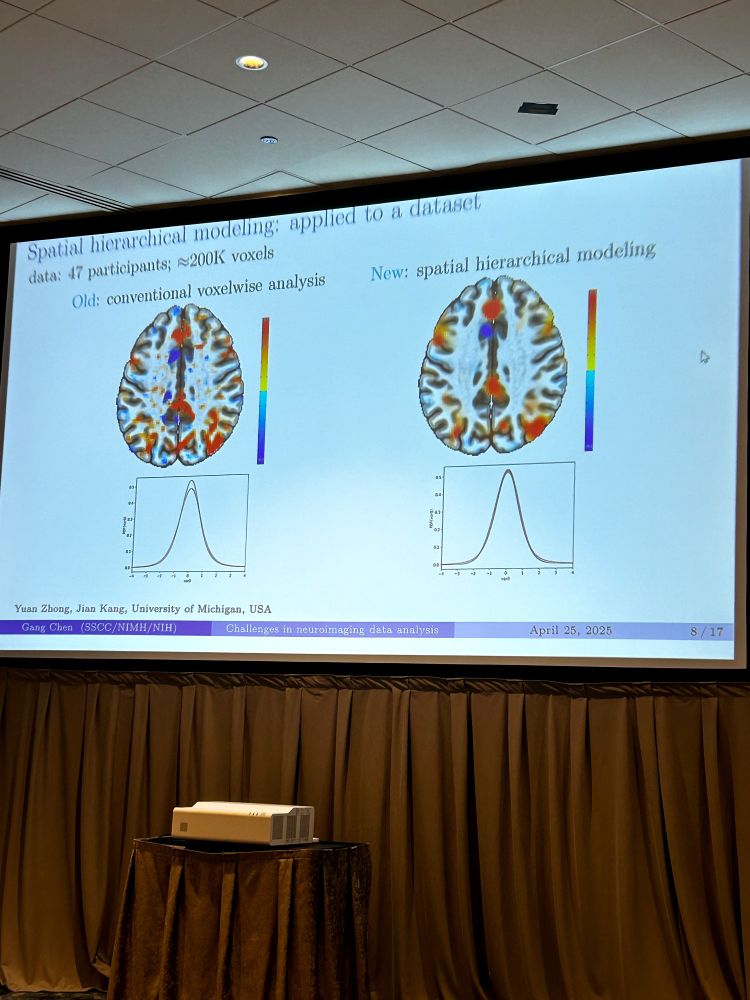
Instead, be a facilitator - share uncertainty and evidence! #SANS2025
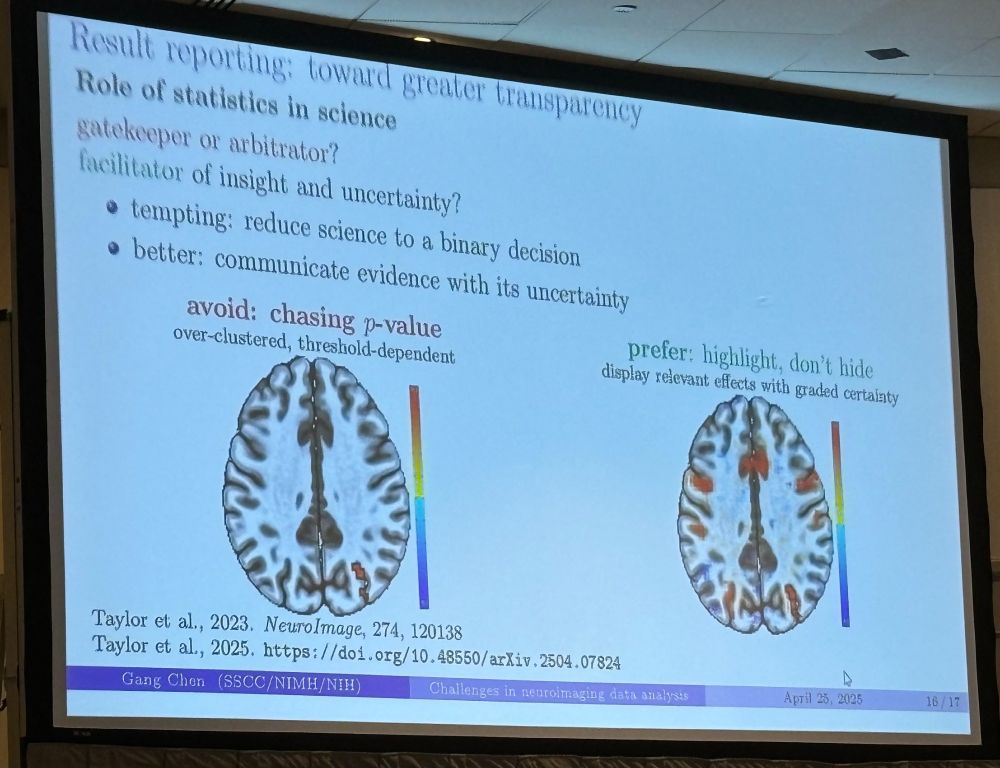
Instead, be a facilitator - share uncertainty and evidence! #SANS2025
Glad to collaborate on this, thanks @brightmg.bsky.social .
Glad to collaborate on this, thanks @brightmg.bsky.social .

